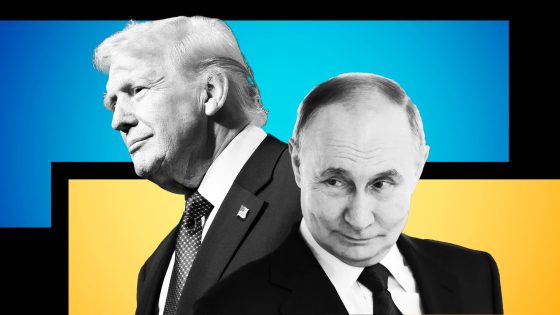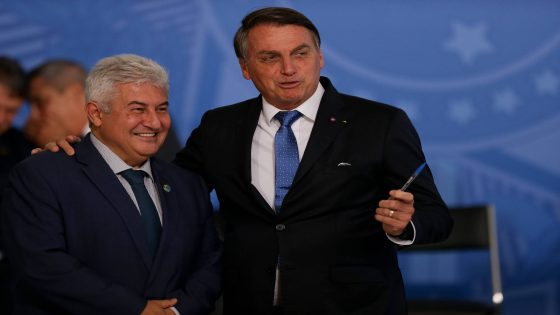On February 21, 2025, Donald Trump made headlines with his unexpected shift in foreign policy towards Russia. This pivot has raised questions about the motivations behind his stance and its implications for U.S. relations with Ukraine and NATO.
- Trump's shift towards Russia analyzed
- The impact of Trump on American politics
- Examination of Trump's claims on Ukraine war
- Public opinion sought on Trump's Russia stance
- US seeks financial compensation in Ukraine conflict
The context of Trump’s shift involves a complex backdrop of geopolitical tensions between Russia and Ukraine. As former President Trump re-emerges in the political landscape, his rhetoric surrounding Russia contrasts sharply with previous administrations’ policies aimed at countering Russian aggression.
Key details include:
- Trump’s statements suggest a more conciliatory tone towards Moscow.
- This shift comes amid ongoing debates about military aid to Ukraine.
- Analysts warn that such changes could undermine U.S. alliances in Europe.
Furthermore, Trump’s approach has led to mixed reactions within both political parties. Some Republican leaders support his strategy as a means to foster dialogue, while others express concern over national security implications. The evolving situation is being closely monitored by international observers who fear it may embolden Russian actions in Eastern Europe.
This recent development underscores the intricate dynamics of international politics where individual leadership styles can influence broader strategic frameworks. As Trump continues to navigate these waters, the outcomes will likely shape future discussions on American foreign policy direction.

































